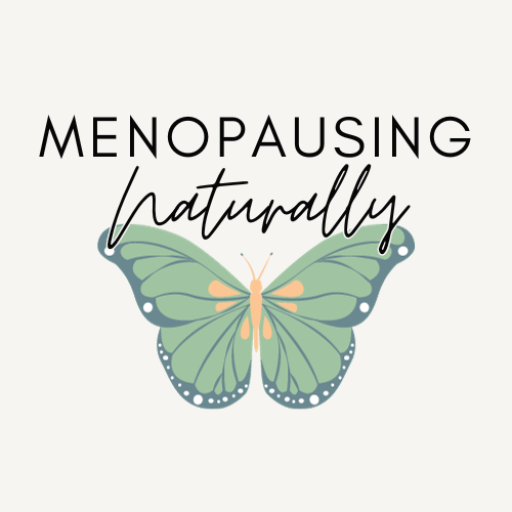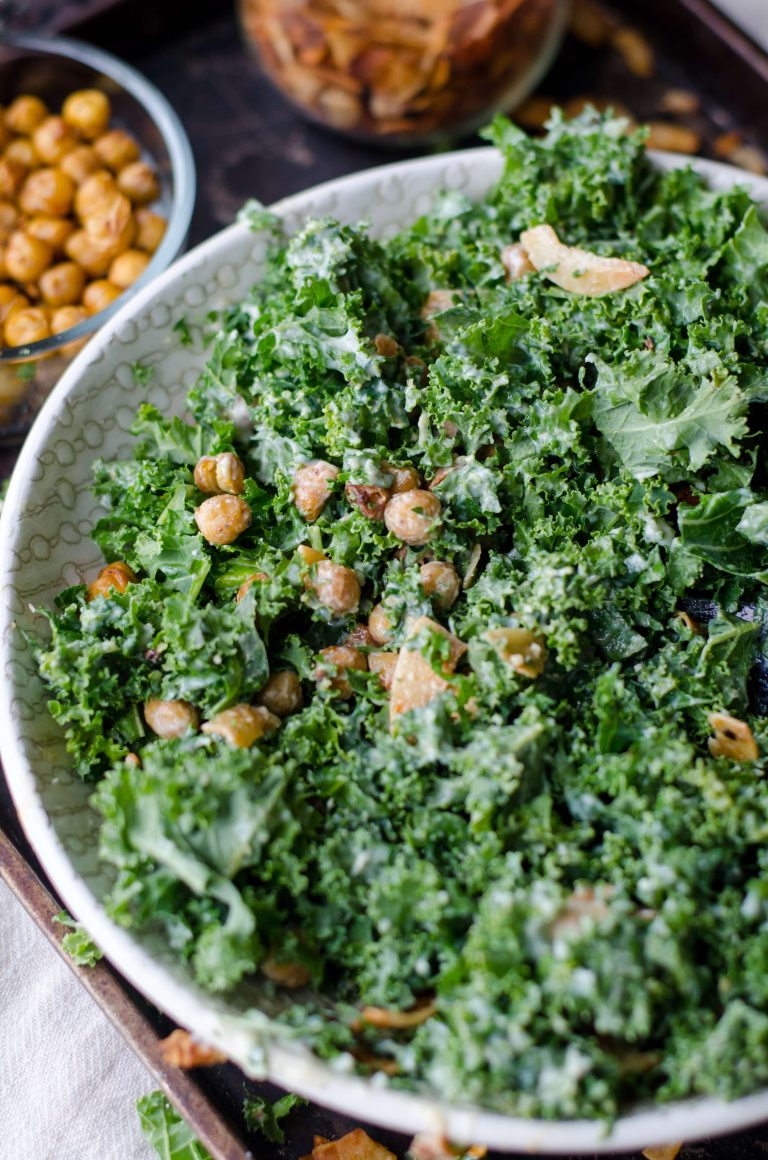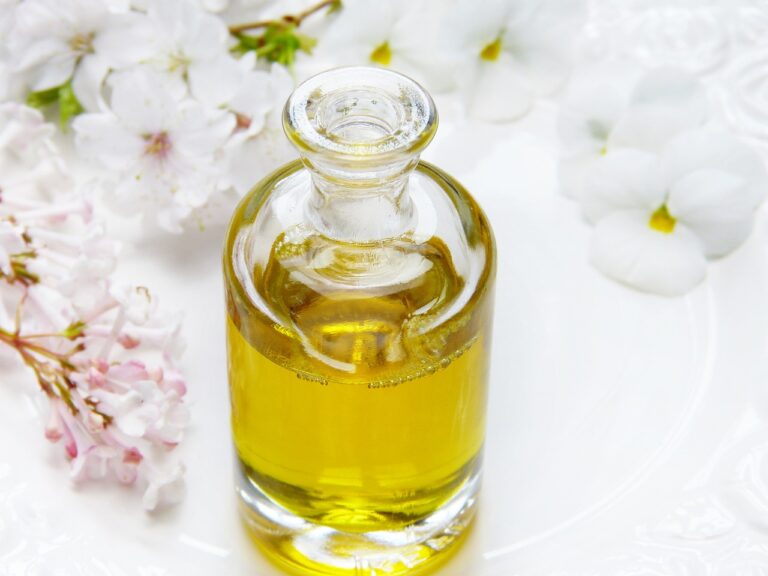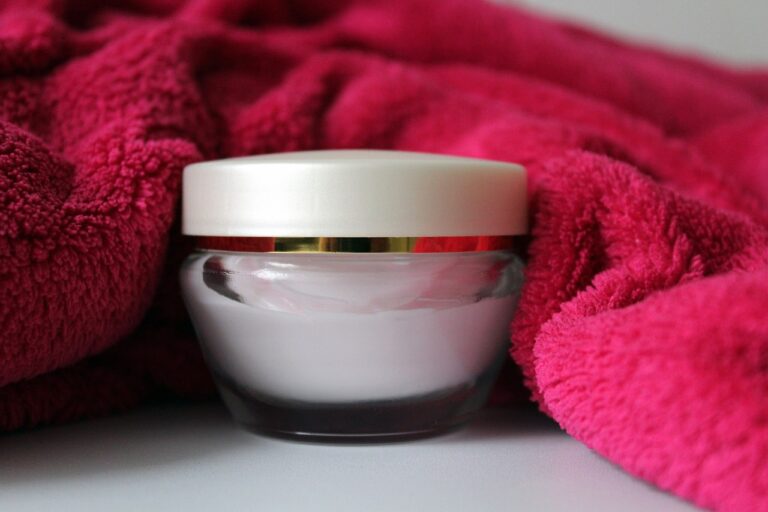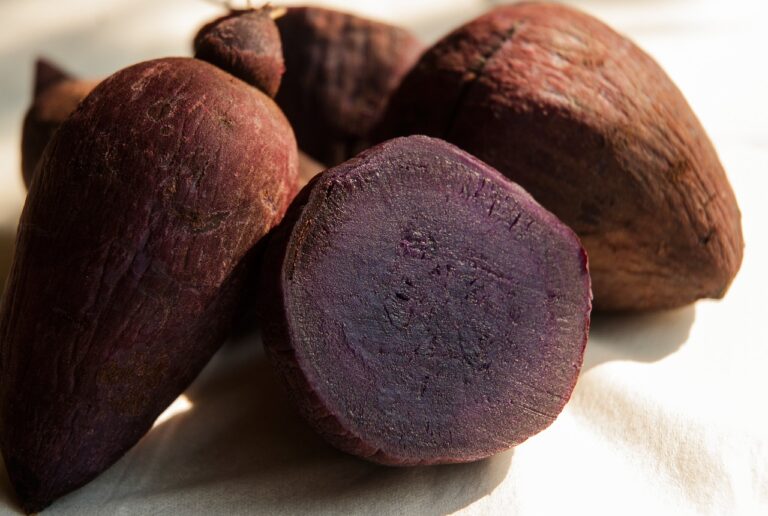“Unlocking the Power of Nature: 10 Surprising Remedies for Menopause Relief”
As women approach menopause, the natural hormonal shifts can bring about a range of physical and emotional challenges. While this phase is inevitable, finding relief doesn’t have to rely solely on pharmaceuticals. In this article, we delve into the power of nature and uncover 10 surprising remedies that offer genuine relief from menopause symptoms.
The Natural Approach to Menopause Relief
Taking a natural approach to menopause relief involves embracing remedies that harness the healing power of nature. These remedies address not only physical symptoms but also nurture emotional well-being. A holistic approach takes into account the interconnectedness of the body, mind, and emotions, recognizing that they all play integral roles in a woman’s well-being.
10 Natural Remedies
1. Black Cohosh:
- Black Cohosh, native to North America, contains compounds that may help regulate hormonal imbalances. This herb has been traditionally used for centuries to alleviate menopausal symptoms. It’s particularly known for easing hot flashes and mood swings, making it a popular remedy. Take it as a supplement or in tea form.
2. Red Clover:
- This herb contains phytoestrogens, which are plant compounds similar to estrogen. By mimicking the effects of estrogen in the body, red clover may help alleviate hot flashes and support hormonal balance during menopause.
3. Flaxseed:
- Rich in lignans, flaxseed is a natural source of phytoestrogens. These compounds can help regulate hormonal levels, potentially reducing symptoms like hot flashes and mood swings. Additionally, flaxseed is a valuable source of omega-3 fatty acids, offering added benefits for heart health.

4. Maca Root:
- Indigenous to the Andes Mountains, Maca is an adaptogenic herb known for its hormone-balancing properties. It may help reduce hot flashes and improve mood by supporting the endocrine system’s response to hormonal changes.
5. Evening Primrose Oil:
- Derived from the evening primrose plant, this oil is rich in essential fatty acids, particularly gamma-linolenic acid (GLA). GLA is believed to help regulate hormonal fluctuations, potentially reducing symptoms like mood swings and breast tenderness.
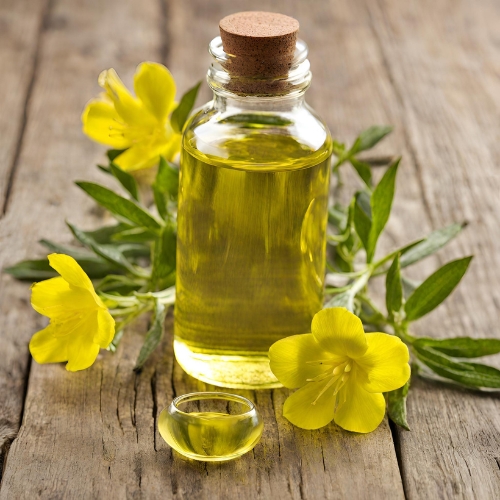
6. Dong Quai (Angelica sinensis):
- Dong Quai, often referred to as the “female ginseng,” is a staple in traditional Chinese medicine. It’s valued for its ability to support hormone balance and alleviate symptoms like hot flashes and mood swings associated with menopause.
7. Soy Isoflavones:
- Soy isoflavones are naturally occurring compounds found in soybeans. They act as phytoestrogens, which means they can mimic the effects of estrogen in the body. This can help alleviate menopausal symptoms like hot flashes and mood swings.
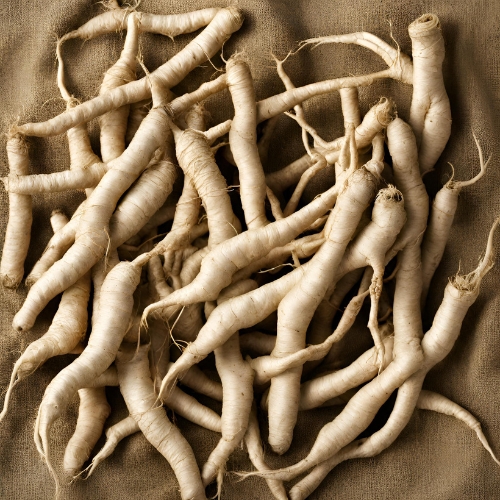
8. Ginseng:
- Ginseng is an adaptogenic herb known for its ability to support the body’s response to stress. It may help combat fatigue, improve mood, and enhance overall well-being, which can be particularly beneficial during the menopausal transition.
9. Essential Oils:
- Essential oils have a wide range of therapeutic properties and can be beneficial for menopausal relief, particularly in addressing symptoms like hot flashes, mood swings, and stress. They offer a versatile and natural approach to managing menopausal symptoms. Remember to use essential oils safely and consult with a healthcare professional if you have any specific health concerns or conditions.
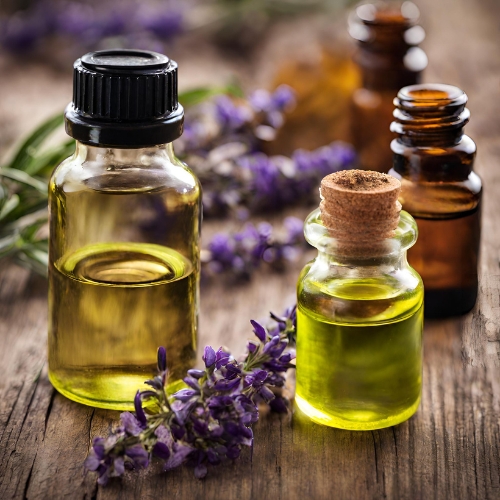
10. Vitamin E:
- As a powerful antioxidant, vitamin E may help reduce the frequency and severity of hot flashes. Additionally, it offers benefits for skin health and overall well-being. Including vitamin E-rich foods in your diet can be a natural way to support menopause relief.
In conclusion, armed with a diverse arsenal of natural remedies, navigating the transformative phase of menopause becomes an empowering journey. From time-honored herbs like Black Cohosh and Red Clover to the aromatic wonders of essential oils, these remedies offer a holistic approach to menopausal relief. By incorporating lifestyle adjustments, embracing self-care practices, and nurturing emotional well-being, women can gracefully navigate this significant life transition. Remember, every woman’s journey through menopause is unique, and it’s important to listen to your body and consult with a healthcare professional for personalized guidance. With nature as our ally, we embark on this new chapter with vitality, resilience, and a deep sense of well-being. Here’s to embracing the power of nature in this transformative phase of life.
